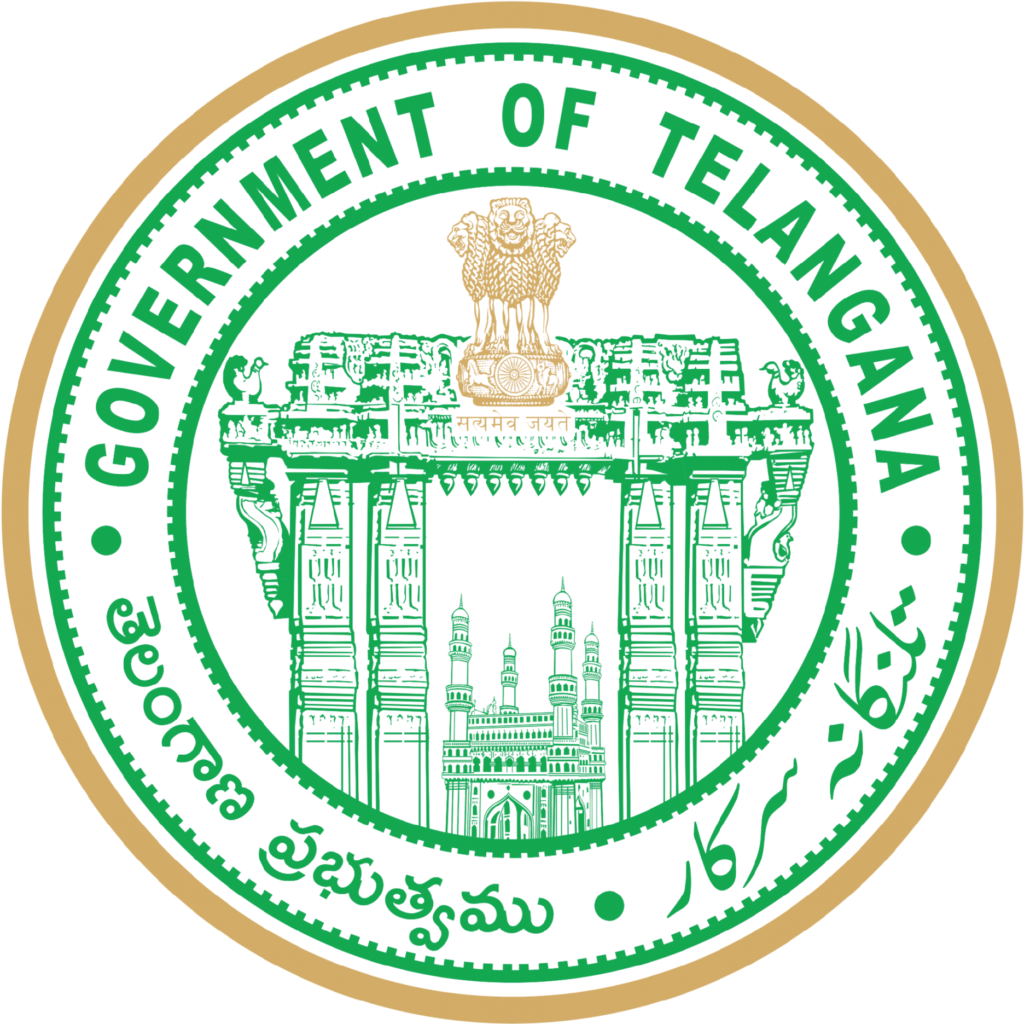Menu
It is International Framework for Certification of Seeds, moving into International Seed Market.
1. The variety/Hybrid should be enlisted under National list of OECD Seed scheme.
2. Registration of seed producing firm and seed processing plant.
a. Variety/ hybrid notified under Indian Seeds Act-1966 and are having export potential
b. Variety/Hybrid hybrid registered under PPVFRA – 2001
c. Variety/Hybrid that are undergone multi location testing for at least 2 years in public system(ICAR, SAU’s)
d. Variety/hybrid that are undergone multi location in-house testing consiquitively for two years with appropriate checks
e. The variety/Hybrid which are enlisted in any one of the OECD member country (OECD Seed Schemes).
The Joint Secretary (Seeds). GOI is the National Designated Authority (NDA) for implementation of OECD seed schemes in the India and hence the application for enlisting should be sent to the NDA along with prescribed documents.
India is participating in 6 OECD Seed Schemes
i. Cereals
ii. Maize
iii. Sorghum
iv. Grasses and legumes
v. Crucifers and other oil or fibre species
TSSOCA as a Designated Authority(DA) for 7 states Namely, Telangana, Andhra Pradesh, Odisha, Chhattisgarh, Karnataka, Tamilnadu, Kerala including two Union Territories namely Pudhucherry and Lakshadweep.
i. Pre-Basic ( Breeder seed in Indian system)
ii. Basis seed ( Foundation seed in Indian system)
iii. Certified seed( I and III)
iv. Not finally certified seed
v. Standard seed( Only for vegetables)
The seed which is to be exported from the country of production after field approval before final certification.
i. Application in Form – II
ii. Seed source details like labels and certificates
iii. Varietal descriptions
iv. Pre-control test details for pre-basic and basic seeds
v. Grower list
vi. Registration fees
| S.NO. | Category | Source |
|---|---|---|
| 1 | Pre-Basic | Breeder Seed |
| 2 | Basic Seed | Pre-Basic / Breeder |
| 3 | Certified seed | Basic seed |
i. Company registration certificate
ii. Seed license
iii. R and D Certificates
iv. Application in Form –I
v. Shall be subjected to Renewal for every year
i. Application in Form – IX A
ii. Seed processing plant Authorisation Certificate
iii. Seed licence
iv. Details of Machinery along with capacity
v. Subjected to Renewal for every year
| S.NO | Indian Seed Certification System | OECD Varietal Certification System |
|---|---|---|
| 1. | Nucleus Seed
| Breeders Maintenance Material
|
| 2. | Breeder Seed
| Pre-Basic Seed
|
| 3. | Foundation Seed
| Basic Seed
|
| 4. | Certified Seed
| Certified Seed
Not Finally Certified Seed
Standard Seed:
|
Pre Control Test: Refers to verification of genetic purity of source seed for early generation seed classes (Pre basic/Basic Seed). This test may be conducted one season prior to the seed production of pre-basic and basic seed or test may be conducted simultaneously with seed production. The DA may reject the seed crops sown with seed lots which have failed in pre-control plots
Post – Control Test: This is conducted immediately or in the following season from the samples drawn from seed lots produced in the earlier season. Every seed lots of Basic & Pre-Basic seed class and 5-10% of the certified seed class are subjected to post-control test. The main objective is to assess the efficiency of seed certification programme to ensure the integrity of the OECD seed schemes.
Yes, along with OECD & ISTA seed Analysis certificates need to obtain phytosanitory certificate from plant quantities department & import permit from importing country.


